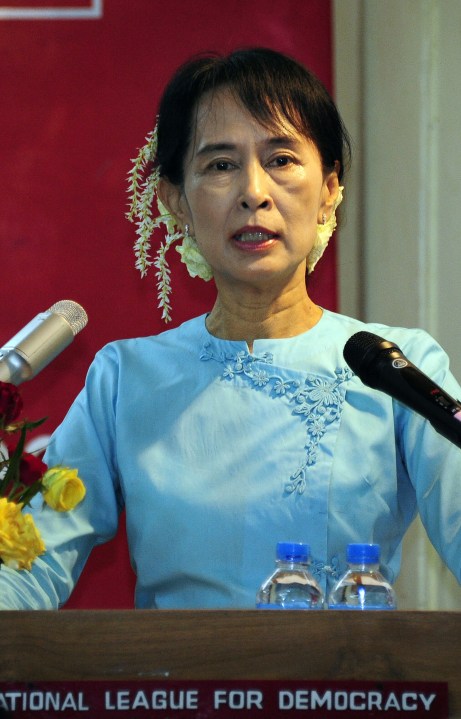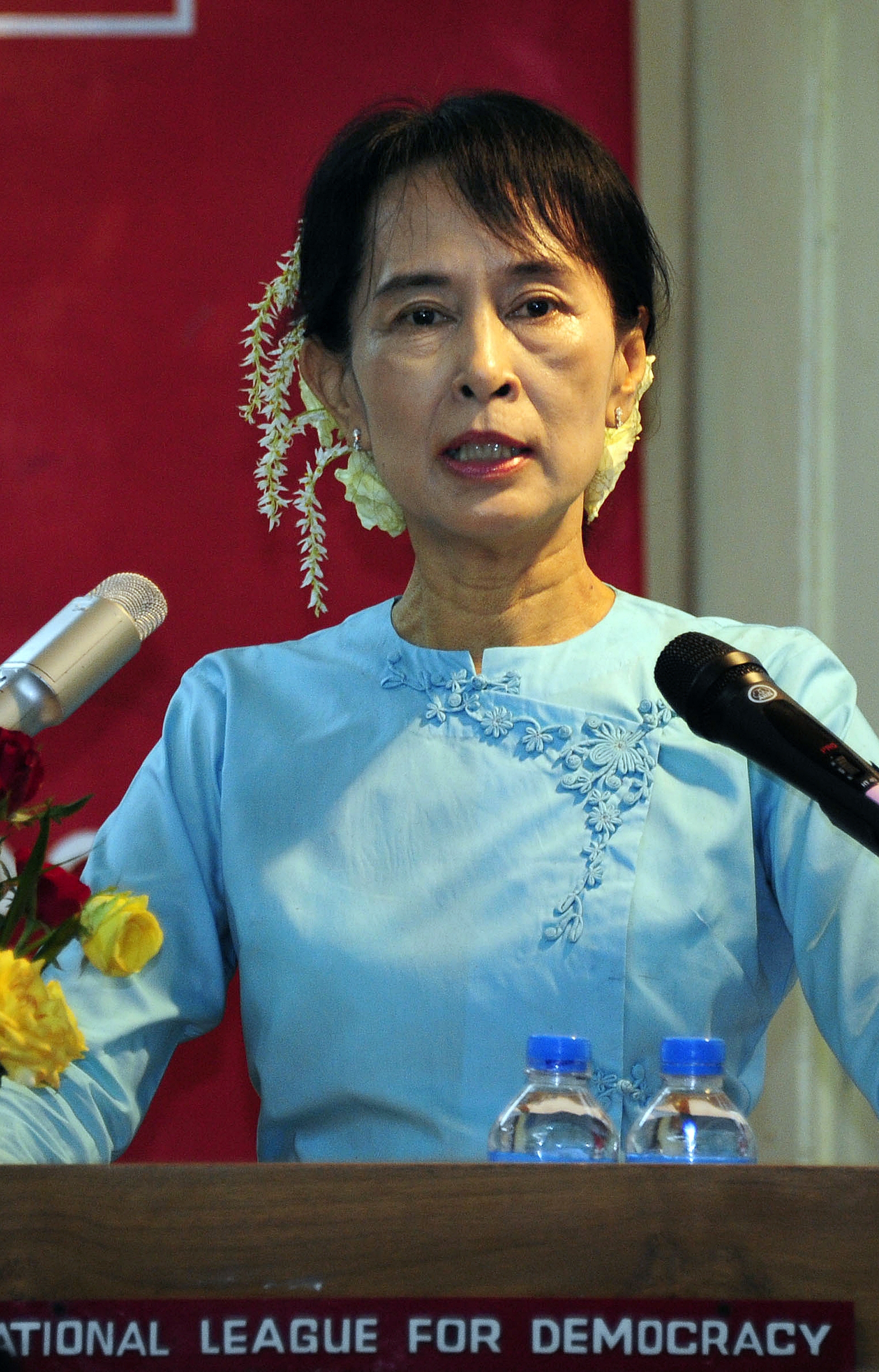 The joy of Aung San Suu Kyi being given Internet access for the first time on Friday has proved transient. Time magazine reports that Irrawaddy, Burma’s premier English language magazine, has been forced to close its print operation for financial reasons.
The joy of Aung San Suu Kyi being given Internet access for the first time on Friday has proved transient. Time magazine reports that Irrawaddy, Burma’s premier English language magazine, has been forced to close its print operation for financial reasons.
Irrawaddy is a clandestine publication, revered as an ‘open window into an opaque country’ by observers of South-East Asian politics. Burma’s stringent censorship is enforced with determination, but the demise of Irrawaddy’s deadwood edition is a telling reminder that penury is the best form of censorship. Irrawaddy’s circulation was tiny, and the magazine relied on donations from pro-democracy groups in the West, whose coffers are empty and resolve shaken by the rise of authoritarian Asia.
The editor, Aung Zaw, will now have to rely on his website. But the nefarious junta can circumscribe online material with considerable ease. The website has been the constant target of persistent state-sponsored cyber-attack, and Zaw is sceptical that his organisation can survive.
Wikileaks uses cyber-attack in the cause, it claims, of absolute freedom of information. But one man’s freedom fight is another’s warfare. Recently, the Spectator devoted a cover story to how technological advances had revolutionised espionage. As ailing press organisations adopt a predominantly online presence in an inter-connected world, it is worth considering that technology can also threaten the operation of a free press and its modern social networking variants, the cornerstones of democracy. The despots and ideologues of the present are disposed with far more potent weapons than those of the past.







Comments